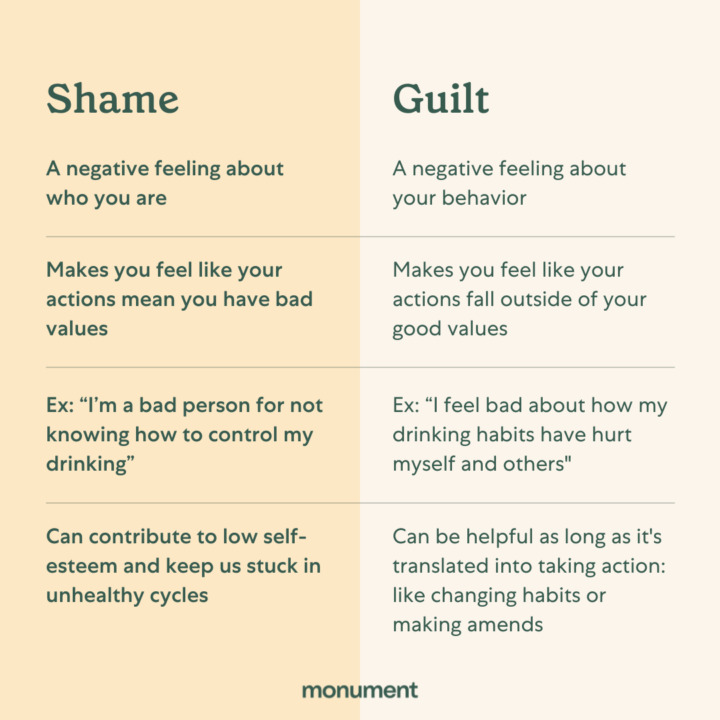Giving up on a goal or endeavor can often trigger feelings of shame and inadequacy. We’re conditioned to believe in perseverance and success at all costs, leading many to feel like quitting is a personal failure. This article aims to explore the complex emotions surrounding giving up and provide strategies for reframing this experience as a valuable learning opportunity. We’ll delve into the reasons behind shame when giving up, discuss the importance of recognizing failure as a stepping stone, and ultimately guide you towards building resilience and embracing growth through setbacks.
Shame When Giving Up
Shame is a powerful emotion that can deeply impact our self-worth and confidence. When we give up on something, especially after investing time and effort, shame often arises from the perceived judgment of ourselves and others. We may worry about disappointing those who have expectations of us or fear being labeled as weak or incapable. This internalized pressure to succeed can create a cycle of guilt and self-criticism, making it even harder to move forward.
The societal narrative surrounding success further exacerbates these feelings. We’re constantly bombarded with messages emphasizing achievement and the importance of never giving up. This relentless pursuit of perfection can lead to unrealistic expectations and an inability to cope with setbacks. When we fall short of these ideals, shame becomes a natural response, reinforcing the belief that we are not good enough.
It’s crucial to recognize that shame is often rooted in fear and insecurity rather than actual failure. It stems from our desire to be accepted and validated by others, leading us to prioritize external approval over our own well-being. By challenging these societal pressures and embracing vulnerability, we can begin to dismantle the shame associated with giving up.
Reframing Failure
Shifting our perspective on failure is essential for overcoming shame when giving up. Instead of viewing it as a negative outcome, we can reframe it as a valuable learning experience. Every setback presents an opportunity for growth, self-reflection, and course correction. By analyzing what went wrong and identifying areas for improvement, we can gain insights that will ultimately lead to greater success in the future.
Embracing failure as part of the process allows us to experiment, take risks, and step outside our comfort zones. It encourages a mindset of continuous learning and adaptation, fostering resilience and adaptability in the face of challenges. When we view failure not as an endpoint but as a stepping stone, we create space for innovation and progress.
Learning Opportunities
Giving up on something can often reveal hidden strengths and areas for personal development. By analyzing the reasons behind our decision to quit, we can gain valuable insights into our values, priorities, and motivations. Perhaps we realized that the pursuit was no longer aligned with our goals or that we lacked the necessary resources or support.
These realizations can guide us towards making more informed decisions in the future. They allow us to identify our true passions and invest our time and energy in pursuits that are truly meaningful. By embracing the lessons learned from setbacks, we can cultivate a deeper understanding of ourselves and navigate life’s challenges with greater clarity and purpose.
Identifying Strengths
Sometimes, giving up on one path can illuminate hidden strengths and talents. When we step away from something that no longer serves us, we create space for new opportunities to emerge. This can lead to unexpected discoveries and the realization that our skills and abilities are transferable to different areas of life.
Building Resilience
Resilience is the ability to bounce back from adversity and navigate challenges with strength and grace. It’s a crucial skill for navigating the ups and downs of life, especially when faced with setbacks and disappointments. By reframing is there shame in giving up as an opportunity for growth, we can cultivate resilience and develop the mental fortitude to overcome future obstacles.
Resilience is not about avoiding failure but rather about learning from it and emerging stronger on the other side. It involves developing a positive mindset, embracing challenges as opportunities for learning, and cultivating a support system that provides encouragement and guidance. By practicing self-compassion and acknowledging our own limitations, we can build resilience and navigate life’s inevitable setbacks with greater ease.
Overcoming Defeat
The feeling of defeat can be crushing, but it’s important to remember that it is not the end. Giving up on something does not define your worth or potential. Instead, view it as a chance to regroup, reassess your goals, and develop new strategies for success.
Don’t let shame paralyze you; use it as fuel to propel yourself forward. Acknowledge your feelings, learn from the experience, and then focus on what you can control. Set new goals, break them down into smaller steps, and celebrate each milestone along the way. Remember that progress is often made in small increments, and every step forward is a victory worth celebrating.
Conclusion
Overcoming shame when giving up requires a shift in perspective and a willingness to embrace vulnerability. By reframing failure as a learning opportunity, cultivating resilience, and focusing on personal growth, we can transform setbacks into stepping stones towards success. Remember that giving up does not define you; it’s what you do next that matters. Embrace the lessons learned, dust yourself off, and continue pursuing your goals with renewed determination and self-compassion.



